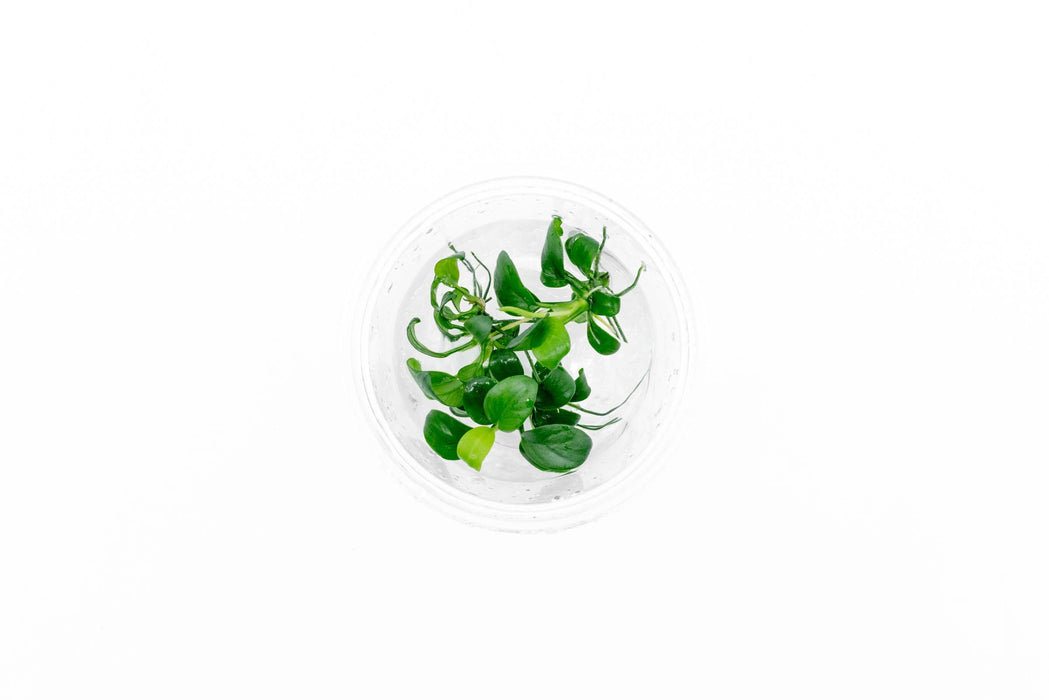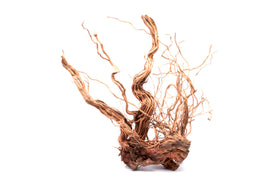
Anubias Nana Petite UNS Tissue Culture
Common Name: Anubias Nana Petite, Nana Petite
Anubias Nana Petite is one of the most sought-after Anubias. Like any other Anubias, its an extremely easy plant to grow and can survive a wide range of water parameters. They can grow in both aquariums and terrariums either submerged or emersed.
Anubias Nana Petite is a flowering plant that grows best when the rhizome is attached to a hard surface such as wood or stones. They have low to medium light requirements and can benefit from regular fertilization. CO2 is not necessary but can promote faster growth and more robust leaves. Since it's a slow grower, the leaves are susceptible to algae growth if placed under high lighting. Propagation is easy and straightforward; simply cut or pull apart rhizomes to be replanted.
Anubias Nana Petite Specifications
Please note, all stats are provided as general guidelines. Factors such as height, size and overall success can vary depending on care and environment.
- Family Name: Araceae
- Origin: West Africa
- Care: Easy
- Lighting: Low to medium
- CO2: Not required, but recommended
- Propagation: Separate rhizome
- Growth rate: Slow
Notes:
- Tissue culture plants are grown in-vitro in laboratories specialized in propagating aquatic plants. They provide the best option for those who want to ensure that absolutely zero unwanted pests are introduced into the aquarium.
- This listing is available in both small and regular portions. Small portions include a single plant and regular cups contain 5 individual plants
- Remove tissue culture gel before planting. Simply wash the gel away or soak the plant in water and squeeze the gel off, gently.
- Do not make drastic changes to the aquarium. Unstable parameters will result in melt of the aquarium plant.
- For instructions on how to properly plant tissue culture aquarium plants, click here.
- CO2 injection and quality aquarium soil will yield better growth.








